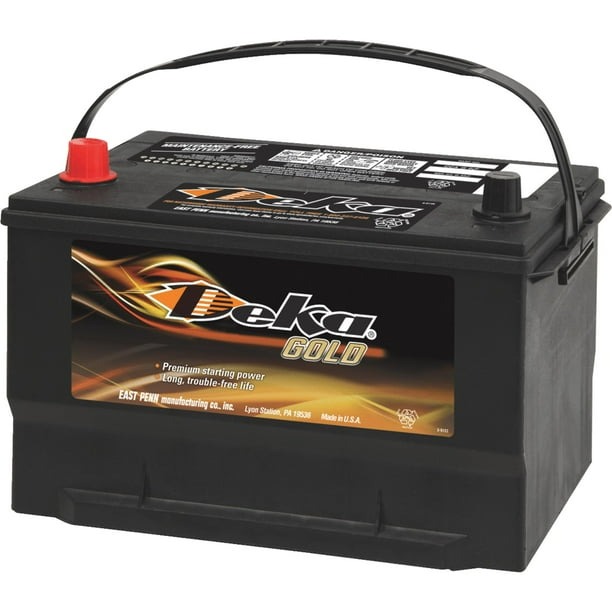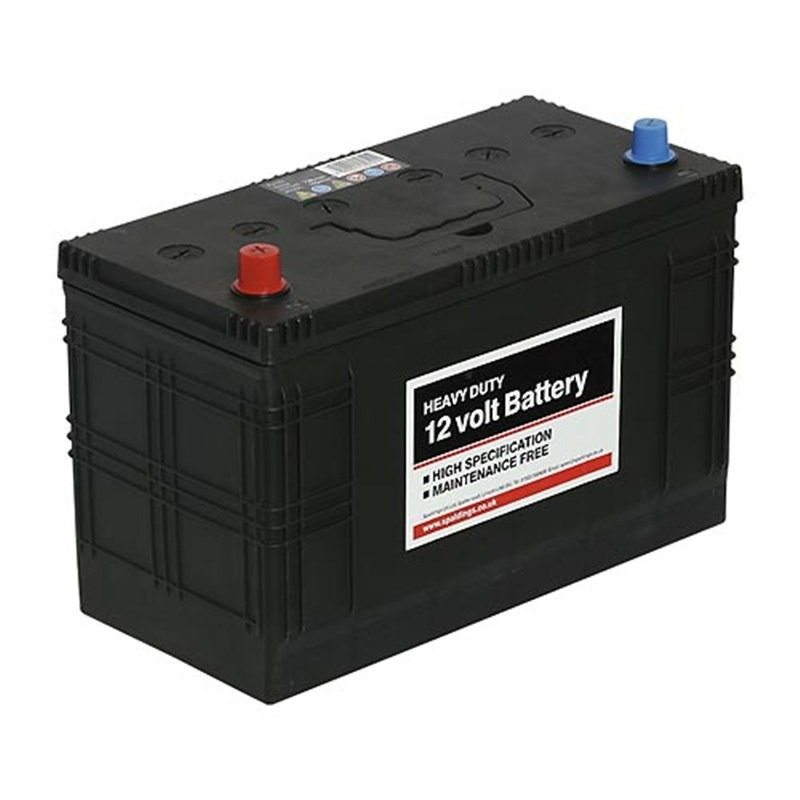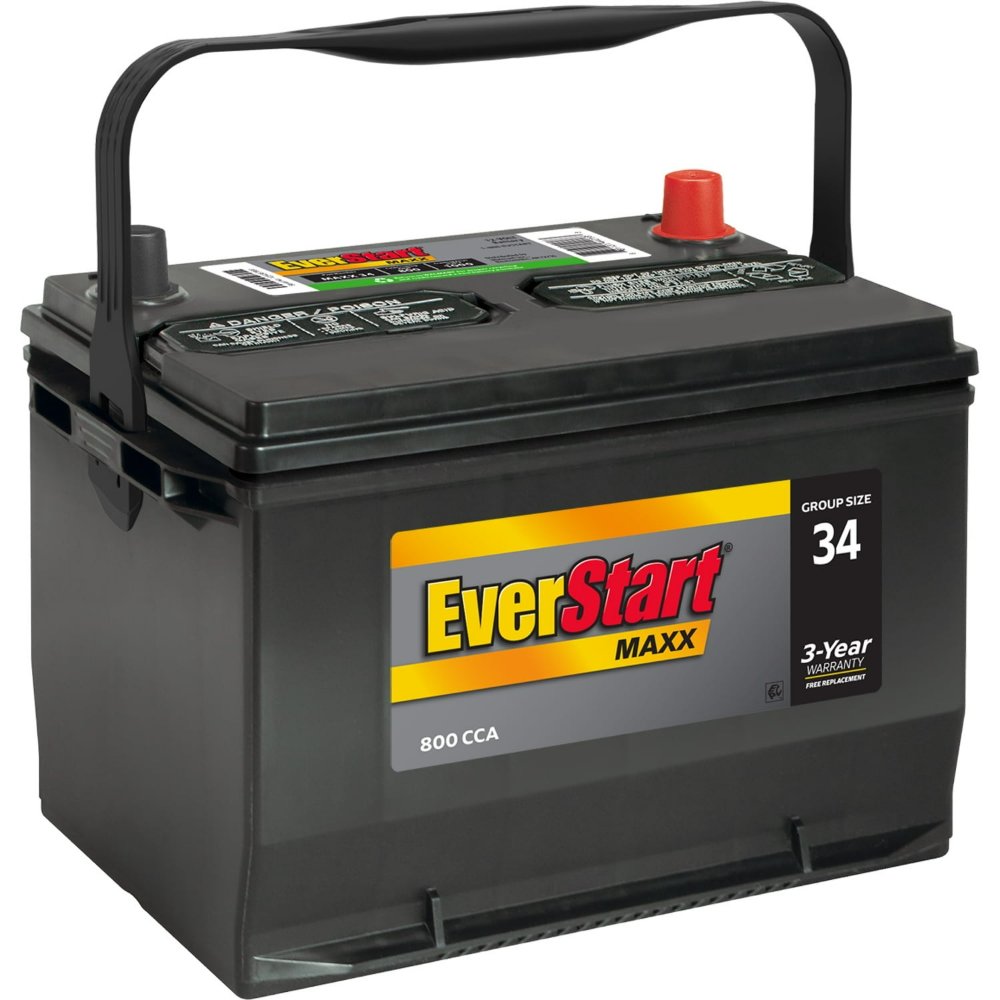Introduction to Cold Cranking Amps
When winter hits, your battery’s true challenge begins. Do you know the CCA meaning on a battery? Let’s explore Cold Cranking Amps (CCA).CCA stands for Cold Cranking Amps. It measures a battery’s starting power in cold weather. Simply put, it tells us how strong the battery is at 0 degrees Fahrenheit.
How CCA Affects Battery Selection and Performance
Choosing a battery with the right CCA is crucial. A higher CCA helps your car start in the cold. But, not all cars need the highest CCA. It must suit your vehicle’s needs and usual climate.

Understanding Battery Performance in Cold Weather
When temperatures plummet, your battery faces a tough test. Let’s dive into the science behind this.
The Science Behind Battery Function in Low Temperatures
Cold can really slow a battery down. At 0 degrees Fahrenheit, chemical reactions in batteries take longer. This means less power to start your car.
Batteries have fluids, and cold weather thickens them. This makes it harder for the electricity to flow. Plus, cold engines need more power to get going. That’s where CCA becomes important.
Why Higher CCA Ratings Matter in Cold Climates
In a freezing place, a battery with a high CCA is a must. It assures you that your car will start. A big CCA rating means more amps for the engine. And more amps mean more power to tackle the cold.
If your car struggles to start in winter, check its CCA rating. A low CCA could be the problem. Always go for a battery with a CCA that meets or goes above your car’s recommendation.
CCA Compared to Other Battery Ratings
When choosing a car battery, understanding different ratings helps. Let’s compare CCA to CA and MCA.
The Difference Between CCA, CA, and MCA
CCA, CA, and MCA are battery power measures. CCA rates power at 0°F for 30 seconds. CA, or MCA for marine batteries, rates power at 32°F. Vehicles in cold climates need high CCA. In milder areas or for boats, CA or MCA is key.
CCA is about cold resistance, while CA is for milder conditions. A high CCA battery gives more amps in the cold, ensuring your vehicle starts. CA is less about cold, more about general amp delivery. Simply, CCA is for freezing starts, CA for cool starts, and MCA for marine engines.
Factors That Influence CCA Ratings in Batteries
Many things shape a battery’s CCA rating. These include design, chemistry, and temperature. A well-designed battery with more plates might have higher CCA. Battery type matters too. Lead-acid batteries have different CCA than AGM or lithium-ion ones.
Temperature shifts battery performance. Batteries lose power in the cold, so a strong CCA is important. Over time, even the best batteries weaken. Keep them clean and charged for good CCA. High-quality materials can also boost CCA, making for a stronger start in the cold.

How to Choose the Right CCA for Your Vehicle
Choosing the right CCA for your vehicle is key. You need a battery that fits your car’s needs. Check your manual for the recommended CCA. Consider where you live. If it’s cold, go higher. Pick a brand known for quality. Make sure the battery fits your car. Look for a good warranty. See what others say in reviews. Ask a mechanic for advice. Check for features like vibration resistance.
Assessing Vehicle Requirements and Temperature Conditions
Look at your vehicle’s needs. Assess the climate you drive in. Cold places need higher CCA ratings. Your vehicle’s manual suggests the right CCA. Match that or go a bit higher.
Tips for Selecting an Appropriate CCA Rating
Here are some quick tips:
- Check the owner’s manual for CCA recommendations.
- Consider your climate; cold weather means higher CCA.
- Choose a battery that meets or exceeds car specifications.
- Pick a reliable brand for better performance.
- Ensure proper fit in the battery tray.
- Read reviews for user experiences.
- Seek expert advice if uncertain.
- Opt for added features like maintenance-free design.
- Don’t overpay for unnecessary high CCA if you live in a mild climate.
Advantages of High CCA Batteries
Choosing a car battery with a high CCA rating offers several benefits. These include superior performance in cold weather and enhanced durability and dependability over time.
Improved Starting Power in Extreme Cold
Batteries with high CCAs deliver more amps to your engine during starts in extreme cold. This high amp delivery ensures your car starts quickly, despite freezing temperatures. Vehicle owners in cold climates find these batteries essential.
Longevity and Reliability of High CCA Batteries
Batteries with higher CCA ratings are often constructed more robustly. This construction helps them withstand repeated, intense use in harsh conditions. They tend to last longer, reducing the frequency of battery replacements. Users appreciate the reliability, knowing their vehicle will start even on the coldest mornings.

Maintaining Your Battery for Optimal Cold Weather Performance
Proper maintenance is key to ensuring your battery performs well in cold weather. By following specific care routines, you can extend the battery’s life and maintain its ability to deliver high cold cranking amps (CCA), crucial for starting your vehicle in freezing temperatures.
Regular Care and Preventive Measures for Cold Climates
To keep your battery in top shape during the winter, follow these steps:
- Check the Battery Regularly: Inspect the battery for signs of wear or corrosion. Clean any dirt or grime.
- Keep It Charged: Cold weather can drain battery power faster. Regularly charge your battery to keep it at optimal levels.
- Insulate Your Battery: Consider using a battery blanket. This insulates your battery against severe cold.
- Avoid Short Trips: Short trips do not allow the battery to fully charge. Try to drive longer distances.
- Keep Connections Tight: Ensure that all battery connections are secure. Loose connections can cause starting problems.
Troubleshooting Common Cold Weather Battery Issues
If you face starting troubles in cold climates, here are some steps to troubleshoot:
- Check the CCA: Ensure your battery’s CCA rating meets your vehicle’s requirements. If not, consider upgrading.
- Test the Battery: Use a battery tester to check its health. Replace the battery if it fails the test.
- Look at the Buildup: Clean any corrosion from battery terminals. This can improve the connection.
- Inspect the Alternator: Make sure your alternator works properly. It should charge the battery as you drive.
- Seek Professional Help: If problems persist, take your vehicle to a mechanic. They can offer more detailed diagnostics and solutions.
Maintaining and troubleshooting your battery effectively ensures better performance in cold weather. Always follow the manufacturer’s guidelines and consult with professionals when needed.
Conclusion: The Importance of Adequate CCA Rating for Winter Weather
As we wrap up our discussion on Cold Cranking Amps (CCA), it’s clear that choosing the right CCA rating is not just a technical detail, but a crucial aspect of ensuring your vehicle’s reliability in cold weather. Vehicle batteries with the appropriate CCA ensure that your car starts without hassle on cold mornings. Especially in regions where temperatures drop severely, a battery with a high CCA rating is indispensable.
The CCA meaning on a battery serves as a key indicator of a battery’s ability to perform under cold temperature stress. Remember, a higher CCA means the battery can supply greater power to overcome the thickened engine oil and sluggish chemical reactions that cold weather brings about. Therefore, always opt for a battery that meets or exceeds the manufacturer’s recommended CCA rating based on your usual climate conditions.
Moreover, investing in a high CCA-rated battery can avoid frequent replacements, saving time and money in the long run. Reliable starting in freezing temperatures contributes greatly to a stress-free driving experience. It’s also vital for safety, reducing the risk of getting stranded in harsh weather conditions.
In summary, when preparing for winter, or if living in a cold climate, prioritize checking and possibly upgrading your car’s battery to one with a sufficient CCA rating. It ensures that cold mornings start with a smooth engine start. Make CCA a key factor in your battery purchase decisions—a choice that you will appreciate with every turn of the key during winter.